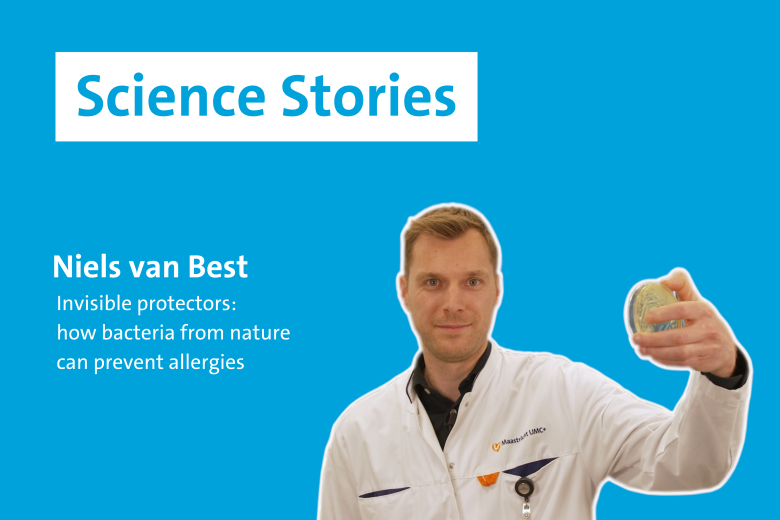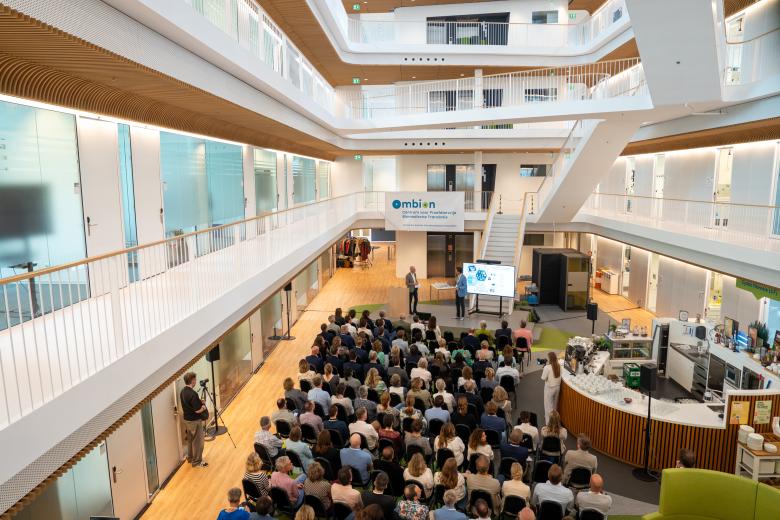Being at COP26 as an outsider: Rana Orhan reflects
Rana Orhan, Faculty Liaison SUM2030 and tutor at FHML, went to COP26, the United Nations Climate Change Conference. As a fellow of ASPHER, of which UM is also a member, she travelled to Glasgow at the beginning of November. Without a badge, so she was not present at the negotiations, but as an outsider, she had “a different, (more) pleasant experience.”
The importance of the yearly COP conventions is very high. Countries have to continue the conversation on climate change, now that everything is becoming more urgent. Rana says: “Being present at COP is incredibly important and I am grateful that dozens, if not hundreds, of people brought the health argument (climate action is needed to protect our health) to the inner core of politicians and other actors.”
“However, I know from experience (from previous WHO meetings) how diplomatic such a convention can be. Many words and not enough action. That sounds rather cynical. Nevertheless, it is important that the conversation stays open.”
The dynamics and the atmosphere in Glasgow, outside of COP, were energising. “I enjoy undertaking action, which is what happened more outside of COP. Outside COP I saw citizen participation, activism and exchange of ideas in a more free and liberal way.” Rana also participated in the climate march of Extinction Rebellion. Walking between thousands of citizens made a big impact on her.
Looking back on COP26, Rana’s advice is to send a yearly delegation of UM to COP. “We have a lot of knowledge to offer, but we can also take all these new ideas from COP with us for our education- and research activities. Also, make sure this delegation is inclusive (e.g. discipline, experience, age) and that representation is present during the whole two weeks. Some organisations send a delegation that lets them spend a part of week 1 inside COP and a part in week 2 (and partly both weeks). That way, as a delegation member, you can do a lot of good work inside and outside of COP.”
Also read the article that Rana wrote for ASPHER’s newsletter about her experience at COP26.
Rana Orhan is a tutor for FHML and Faculty Liasion Sustainable UM2030. She studied MSc Governance and Leadership in European Public Health (2019-2020). She is a fellow of ASPHER, of which UM is also a member. For ASPHER, she is working on everything related to climate and education.
Also read
-
FASoS awarded NWO PhDs in the Humanities grant for project on early bird photography and conservation
We are pleased to announce that Pauw Vos has been awarded an NWO PhDs in the Humanities grant for the project “Narratives of the Nest: Early Dutch Bird Photography and the Visual Construction of Conservation (1890–1940)”.

-
Invisible protectors: how bacteria from nature can prevent allergies
In this video, Niels van Best explains his research on how bacteria from nature can strengthen the immune system of young infants.

-
Nationwide project for animal-free biomedical research on osteoarthritis launched
Tim Welting (CAPHRI) and his team will develop human cell-based models to accelerate development of osteoarthritis medication.
